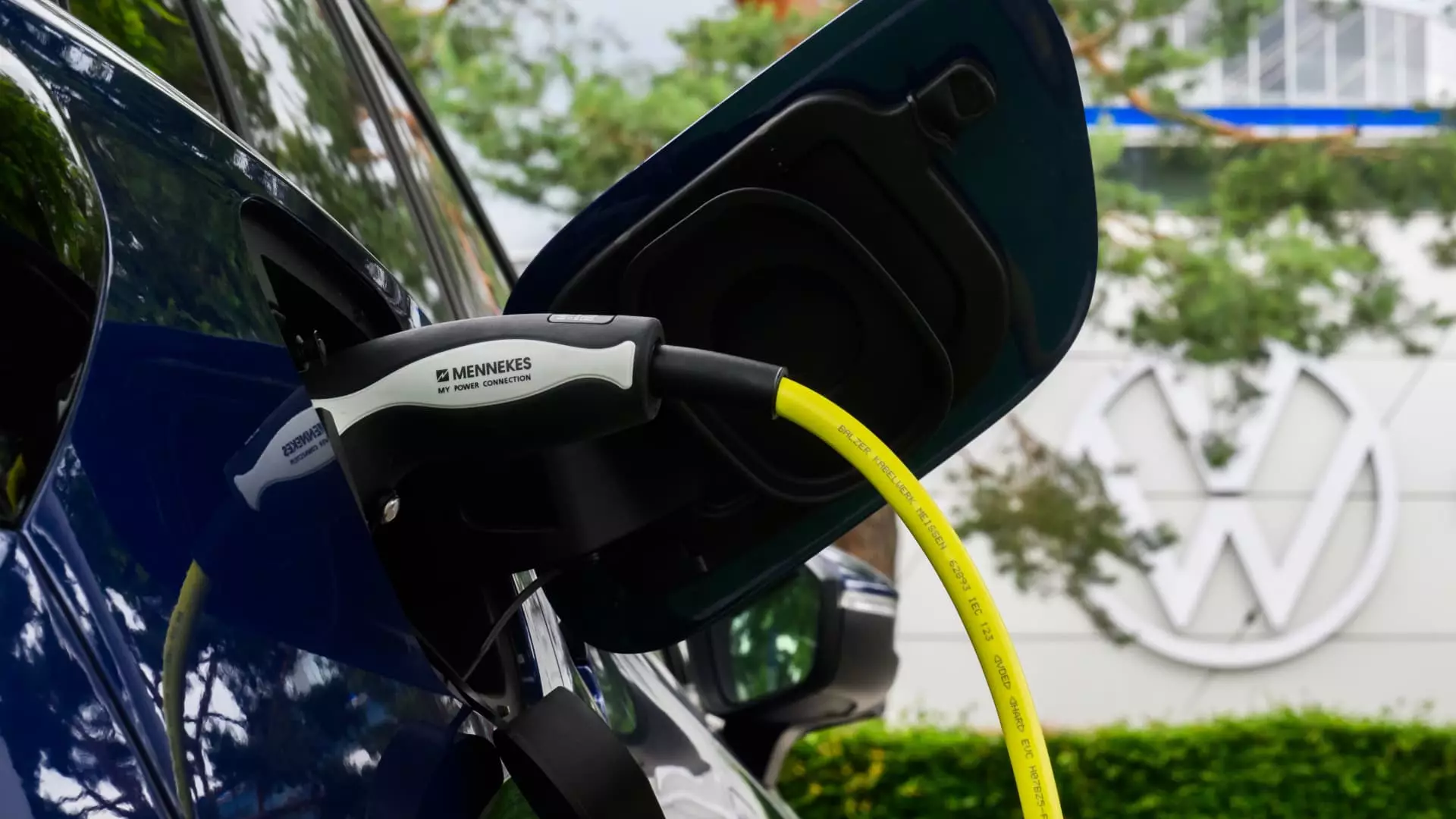European car giants are currently facing a multitude of challenges on their journey towards full electrification. One major issue is the struggle to meet ambitious targets set for the transition to electric vehicles. In a recent announcement, Volvo Cars revealed that it had to scale back its plan to sell only electric vehicles by 2030. The company cited the need to be pragmatic and flexible in response to changing market conditions. Instead, Volvo now aims for between 90% and 100% of its car sales to be fully electric or plug-in hybrid models by the deadline, leaving room for up to 10% of sales to be mild hybrid models.
This setback is not exclusive to Volvo, as other carmakers like Volkswagen, Ford, and Mercedes-Benz Group have also had to push back their targets for phasing out internal combustion engine vehicles in Europe. Tim Urquhart, a principal automotive analyst, highlighted that many manufacturers are struggling with the transition to electrification. Urquhart pointed out that investments in internal combustion engine technology cannot be discontinued, as the lack of competitiveness and consumer demand for the products may result in dire consequences for car manufacturers.
The shift to electric vehicles is further complicated by regulatory challenges imposed by various governments. For example, the U.K. has introduced a mandate requiring a percentage of new car sales to be zero-emission vehicles, with the goal of reaching 100% by 2035. However, Urquhart expressed concerns about the effectiveness of these measures, stating that the push for electric vehicles may not align with what consumers actually want to buy. He emphasized the need for pragmatism from both regulators and manufacturers to ensure a successful transition away from fossil fuels.
Volvo Cars also highlighted several challenges facing the auto industry’s electrification ambitions, including a slower-than-expected rollout of charging infrastructure, withdrawal of government incentives, and uncertainty surrounding tariffs on electric vehicles. Urquhart mentioned that there is a growing anti-electric vehicle sentiment in the mainstream media, which may discourage consumers from investing in electric cars. He emphasized that asking consumers to change their vehicle usage habits after over a century of the same technology paradigm is a tough sell.
Despite these challenges, analysts stress that carmakers cannot afford to ignore electric vehicles. The industry is facing uncertainties and pressure from various factors, such as failing to return to pre-pandemic sales levels in home markets. European carmakers have decided to delay the shift to electric vehicles to maintain profitability and flexibility in an uncertain environment. While the slowdown in electric vehicle sales in Western markets may be temporary, it underscores the urgency for car manufacturers to adapt to the changing landscape of the automotive industry.


Leave a Reply